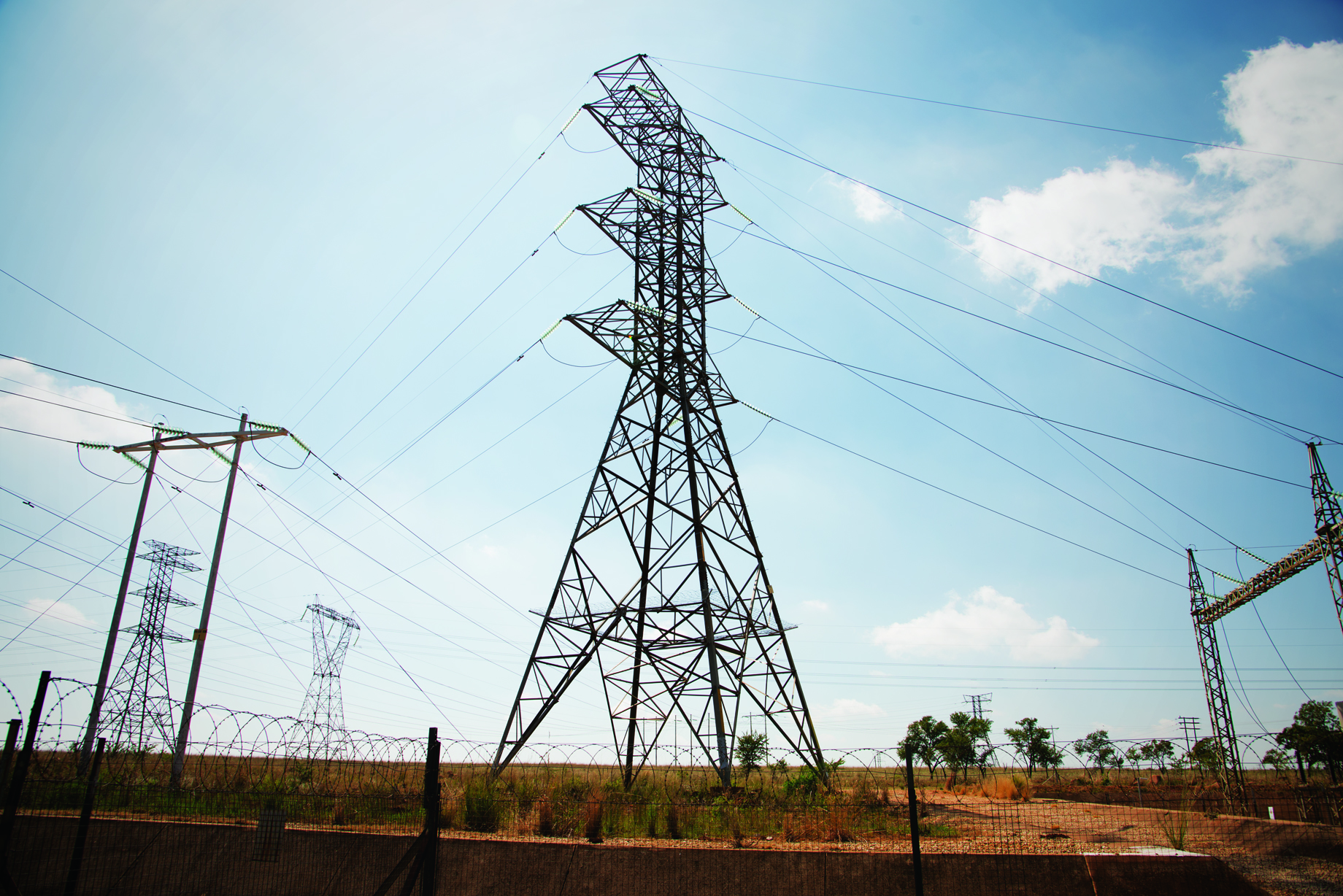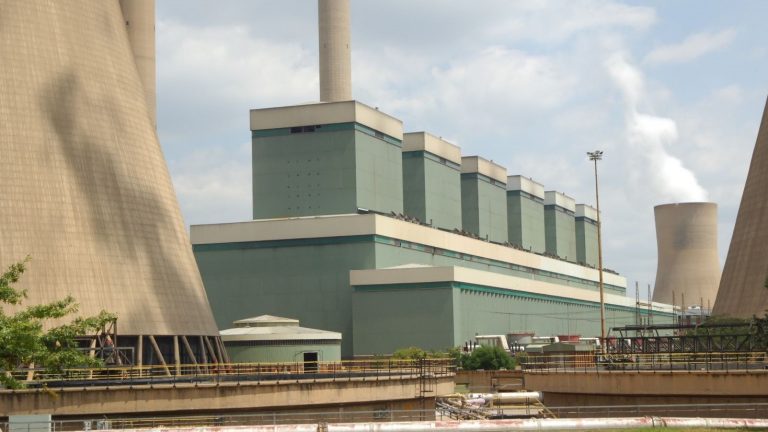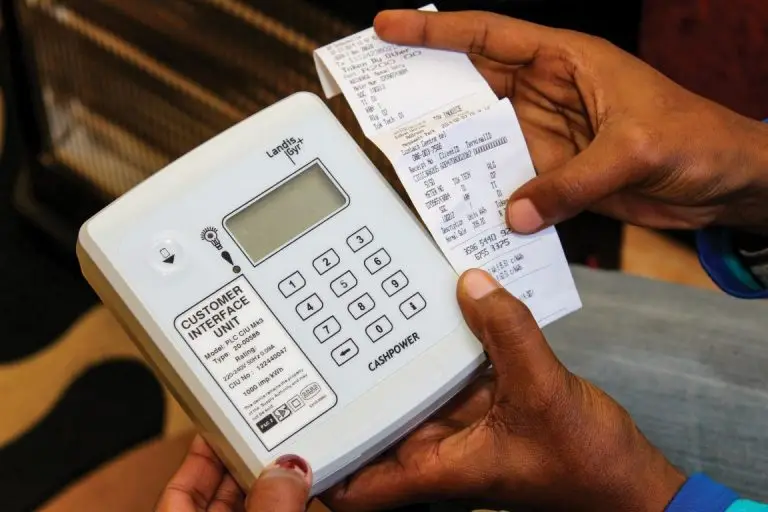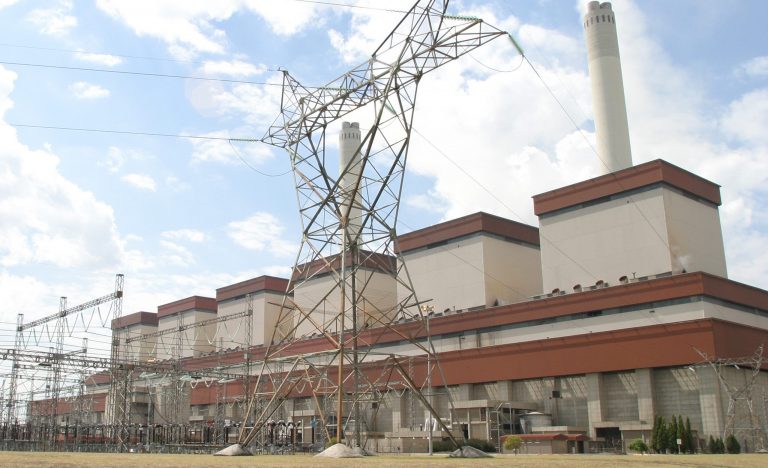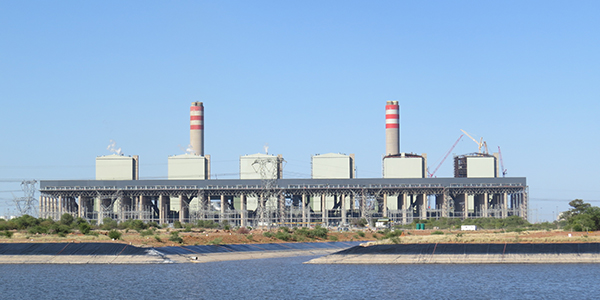Eskom has put in place contingency plans for the tropical storm Eloise
Friday, 22 January 2021: With tropical storm Eloise imminently expected to hit the eastern and northern parts of the country during the weekend, Eskom has assessed the risks and the possible impact on our infrastructure and the provision of electricity. Eskom has put contingency plans in place and our teams are on standby to do everything possible to mitigate these risks. Several plans are in place in anticipation of the storm, and Eskom is also covering a wider area than what is predicted by the weather specialists to ensure we are not caught off guard.
The heavy rainfall and storms will hit most parts of Mpumalanga, where most of our power stations are situated and may reach Lephalale, where two of our other large power stations are situated. These power stations have been alerted and have begun making preparations to implement the “wet coal” contingency plans.
Typically, heavy rainfall for four or less days does not pose a significant threat to power station operations, but continuous heavy rainfall for more than four days does hamper coal handling at the power stations and the mines supplying them.
There are some power stations in the Mpumalanga area that have been experiencing ash dam constraints. Continuous heavy rainfall over these power stations could hamper operations and recovery efforts already underway.
The storm will also cross the transmission lines that import approximately 1 000MW of power into South Africa from Cahorra Bassa in Mozambique. While these lines and towers were reinforced a few years back after flooding downed towers, the two lines do still remain vulnerable during a tropical storm such as Eloise.
We have placed extra staff to attend to faults as quickly as humanly possible, and we ask consumers to exercise patience when they have outages as the safety of our staff is paramount.
Eskom is also working closely with the National Disaster Management Centre, the Provincial Disaster Management Centres in Limpopo, Mpumalanga and Kwa-Zulu Natal, as well as the local government authorities to ensure minimal disruption of supply to customers. We are ready to support their efforts to support our response as a country.
Customers are requested to treat all electricity infrastructure as live and to report any fallen lines or pylons. We urge the public to be cautious of exposed cables, overhead power cables that may be damaged, collapsed or low-hanging as a result of the stormy weather conditions, vandalism and illegal connections. We ask public to use electricity sparingly during the storm as to avoid unnecessary pressure on the system.
ENDS

